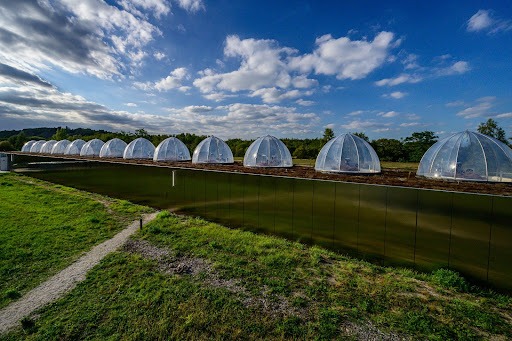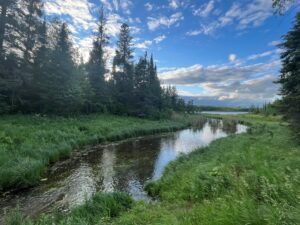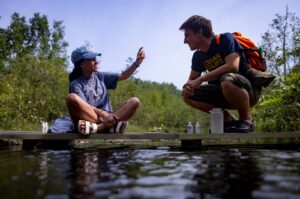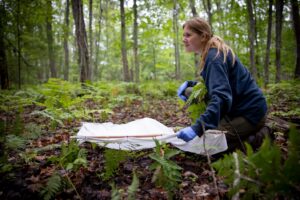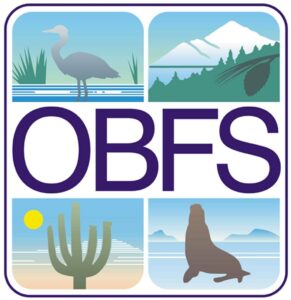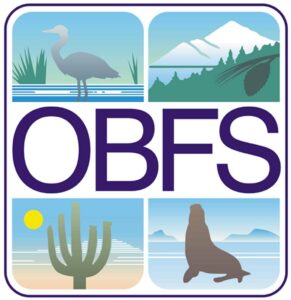The Function of Field Stations and Marine Labs
"You do realize what that summer...did to us, don't you? Made us realize we could actually do science."
— Jeff, past student at a field station
"Field stations are places where we can read the book of life in the language in which it was written."
— James Kirchner, U.C. Berkeley
Discussion Board
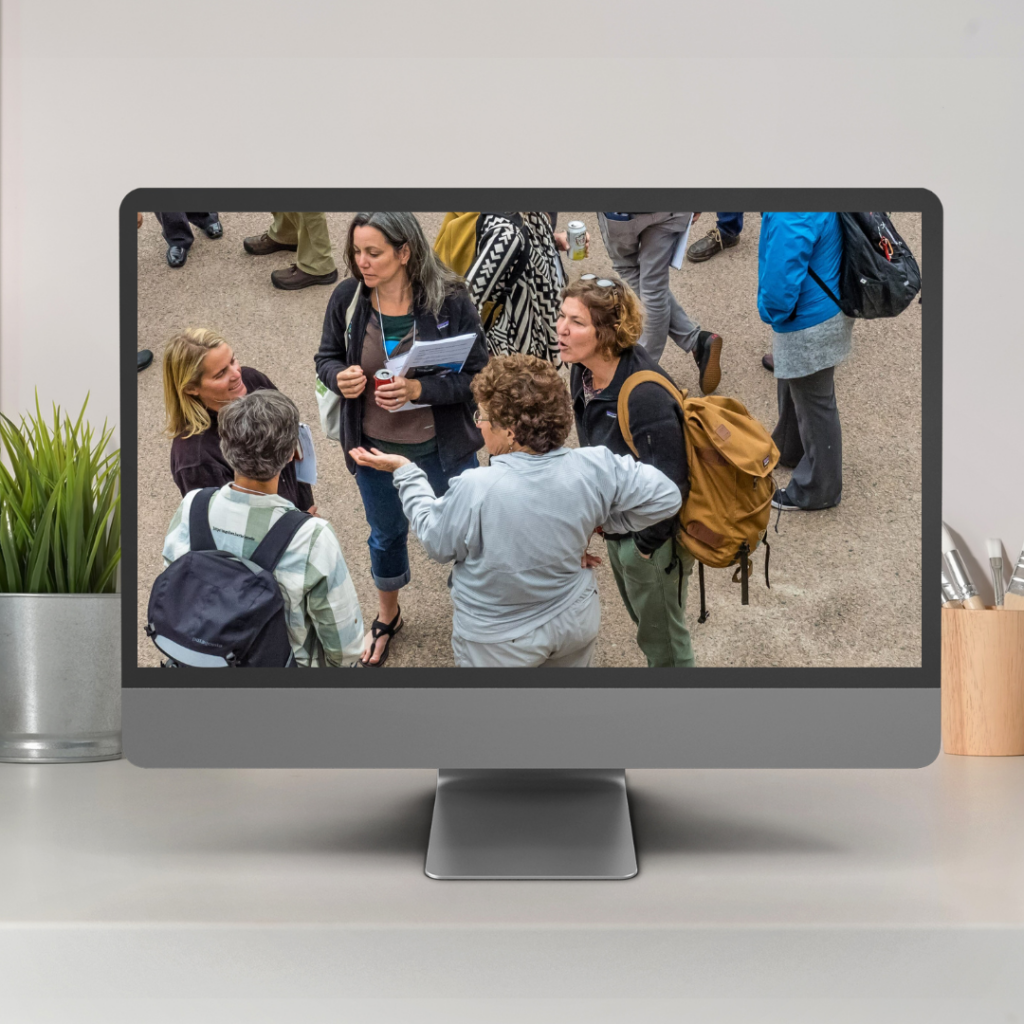
Contribute to ongoing discussions and review content and Q&As developed for FSML staff
General Information

Job Postings
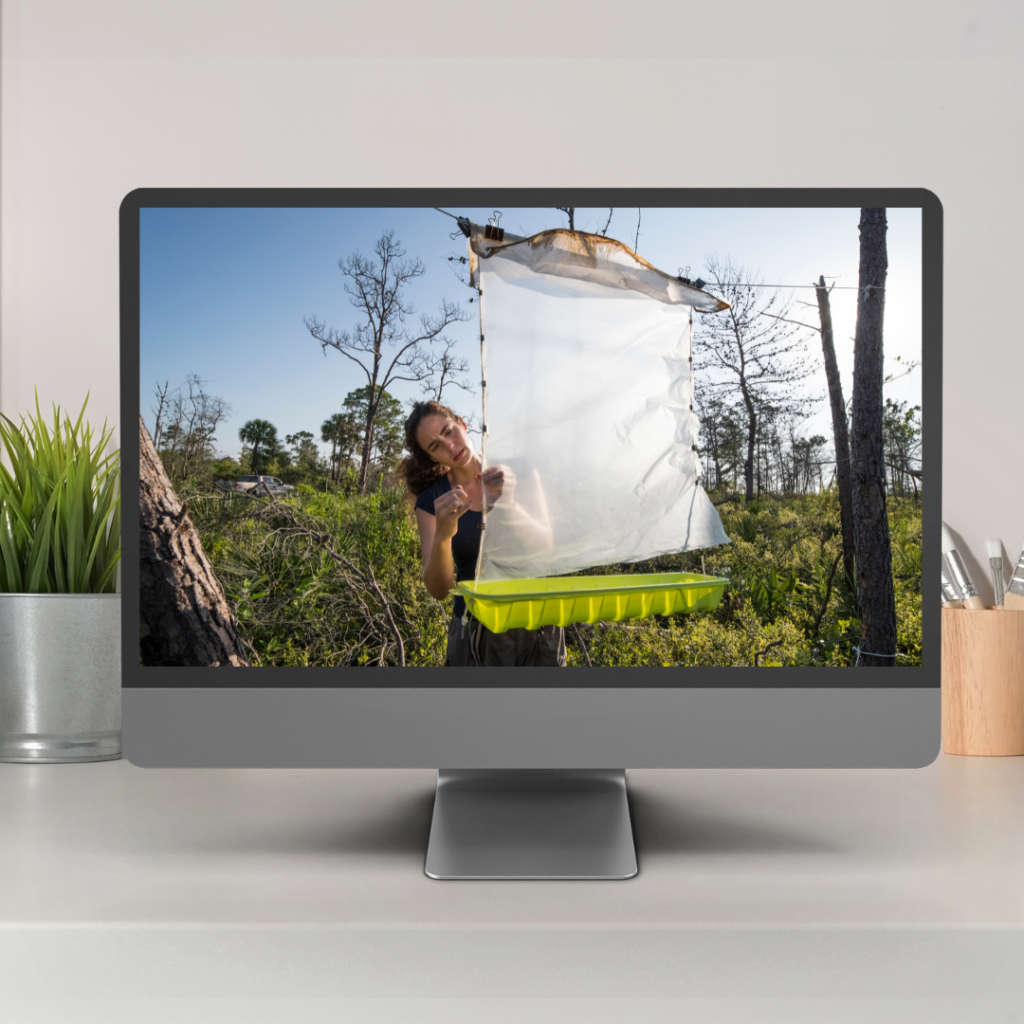
Operating a field station for research and education presents many challenges. Here are opportunities for people who thrive at FSMLs.
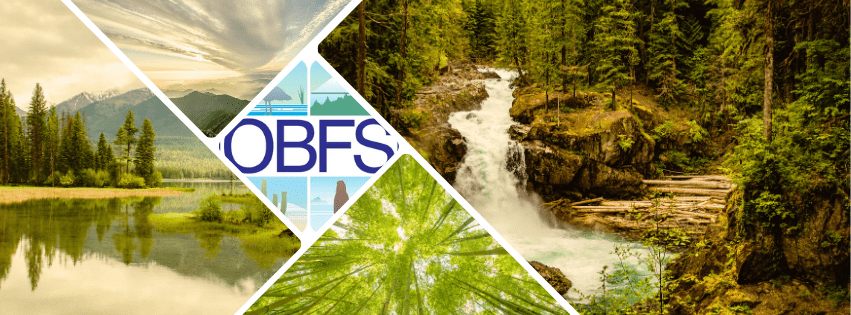
2025 Annual Meeting
Thank you to everyone who joined us for the OBFS Annual Meeting at the Rocky Mountain Biological Laboratory this September. Post meeting information will be shared soon.
Save the date
Please plan to join us Sept. 14-18, 2026 at the Schoodic Institute in Maine for the next OBFS Annual Meeting.
News and Events
Executive Director, National Great Rivers Research and Education Center
Scope of Position The Executive Director of the National Great Rivers Research and Education Center…
2026 Field Courses in the Minnesota’ Northwoods – Itasca Biological Station and Laboratories
Come take a field course at one of the oldest continually operating field stations in the country! …
Apply for Spring and Summer Courses at U-M Biological Station
The priority deadline is March 15, 2026, for students to apply for field courses and…
Apply by March 15 for 2026 Undergraduate Research Fellowships at Michigan Field Station
The University of Michigan Biological Station is recruiting students from across the country for its…
Technology tools for Field Stations and Marine Labs // Herramientas tecnológicas para estaciones de campo y laboratorios marinos
In recent years, technological innovation and applied research has created a suite of new accessible…
OBFS Board Meeting
The OBFS Board of Directors meets via Zoom every eight weeks through the year. All…
Virtual Motus workshop Feb 11th & 12th 12 – 3PM EST
Powdermill Avian Research Center (www.powdermillarc.org) is pleased to announce it will be hosting a virtual…
OBFS Board Meeting
The OBFS Board of Directors meets via Zoom every eight weeks through the year. Meetings…
Field Stations and Marine Labs
Donate to OBFS!
OBFS is a non-profit organization and you can help further and sustain its mission through your generous support. Please consider a generous donation in support of our work to help shape the future of field science in your community!

